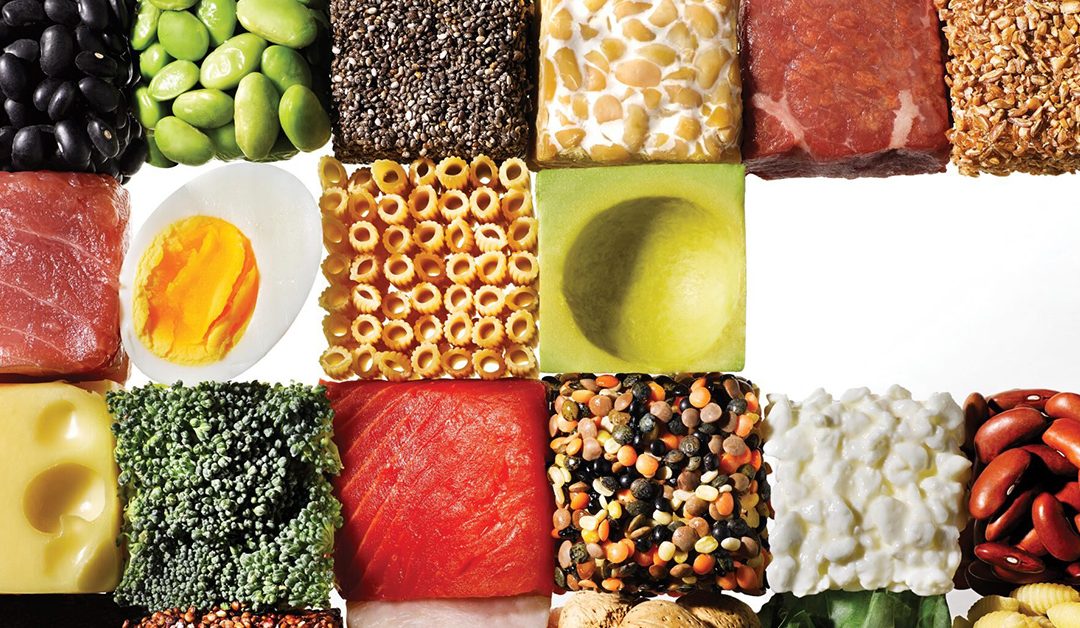If you have been inside a gym facility of any kind I’m sure you’ve seen people rattling their shakers and downing protein shakes pretty much as soon as they leave the gym floor. Why do so many gym goers consume protein?
The Science Behind Protein
When you train a muscle you put it under stress and cause micro-tears to the individual muscle fibres (this is what causes muscles to be sore the following days after training). In response to these tears the body uses protein to rebuild the damaged fibres and will rebuild the muscle stronger and bigger so as to cope with the new stresses being applied to the muscle. It is believed that after a muscle has been trained it will be rebuilding for the next 48 hours. The body can only build muscle from protein it cannot convert fat or carbohydrates to form muscle.
How Much Protein Do I Require?
The recommended Dietary Allowance (RDA) for protein is a modest 0.8 grams of protein per kilogram of body weight. The body actually uses much more protein than that on a daily basis to regenerate all cell types. Most protein is “recycled” by the body to form new cells. The rest of the protein required by the body needs to come from dietary sources (the food and drink we consume).
When it comes to individuals who undertake resistance training the recommendations are broad and unequivocal. The research has yet to find the definitive amount. What has been shown is that many resistance trainers are consuming much more protein than is really required (close to 2.5-3 grams of protein per kilogram of body weight). The research recommends anywhere from 1 gram of protein per kilogram of body weight all the way up to 2 grams of protein per kilogram of body weight. It is believed anymore than 2 grams of protein per kilogram of body weight will result in the excess protein being urinated out of the body. It is important to note that the body cannot store protein so any excess amounts will end up in the toilet.
Timing of Protein
What has been shown is that consuming protein (20g) immediately following a resistance training session leads to increased muscle growth (see study by Esmarck and colleagues) compared to protein being consumed 2 hours following. It seems that the amount of protein is not as important as the TIMING.
Should I Take Protein Supplements?
Meeting the recommended protein requirements should be achieved through dietary sources and should include a range of foods. Great sources are; whole-grains (oats, brown rice, quinoa), white meat (seafood, chicken), legumes (lentils, beans), dairy (milk, cheese, yogurt), nuts (peanuts, almonds).
However based on the findings of Esmarck and colleagues, consuming 20g of a protein powder straight after training is beneficial. But consuming protein any other time is not necessary and may simply result in “expensive urine”.
References:
– D. S. Willoughby, J. R. Stout & C. D. Wilborn
Timing of postexercise protein intake is important for muscle hypertrophy with resistance training in elderly humans
– B. Esmarck,J. L. Andersen,S. Olsen,E. A. Richter,M. Mizuno & M. Kjær
Protein Requirements and Supplementation in Strength Sports
– S. M. Phillips
